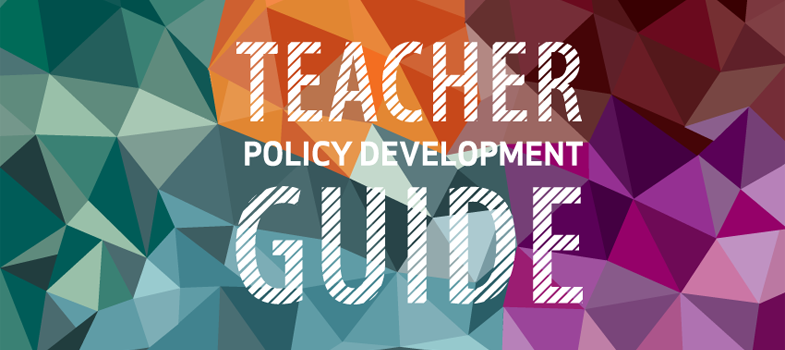3.1.4 Teacher licensing or certification
Most countries have procedures in place for the licensing or certification of teachers, to ensure individuals wishing to teach possess the necessary knowledge, competences and attributes. These vary widely, but may include education levels, teaching skills, citizenship, proficiency in the language of instruction, and medical and security checks. The individuals developing a teacher policy will wish to work with professional bodies (such as teaching professional councils where they exist) or create such structures where they are not in place, to ensure that the procedures for licensing teachers reflect wider development and education policy. Such measures will include reviewing licensing bodies and procedures, as well as ensuring coherence between the licensing policy and teacher education (see Section 3.2) and teacher standards (see Section 3.6). It is important to ensure that licensing processes are transparent and equitable, and do not result in the exclusion of particular groups or individuals (Darling-Hammond, 2001: 751–776; ILO, 2012: 16–17).
3.1.3 Contract, para- and community teachers
